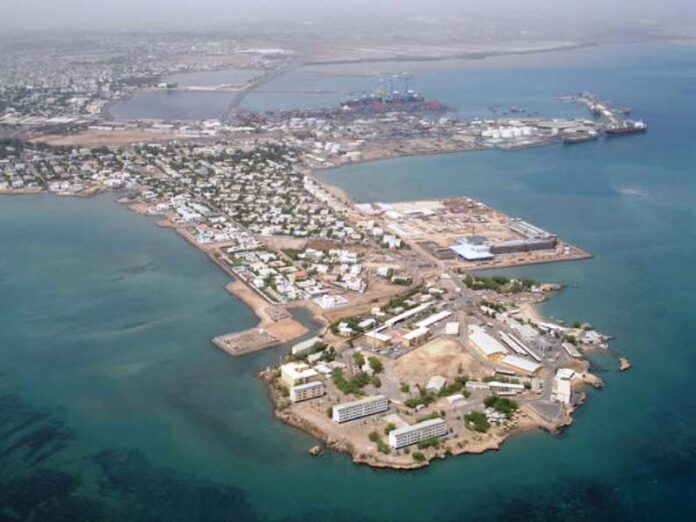Author: Jan Philipp Wilhelm
Affiliation: Independent Editor
Organization/Publisher: DW
Date/Place: March 30, 2021/Germany
Type of Literature: Analysis
Word Count: 1330
Link: https://www.dw.com/en/tiny-but-mighty-djiboutis-role-in-geopolitics/a-57136069
Keywords: Djibouti, USA, China, Suez Canal, Bab al-Mandab Strait
Brief:
Djibouti tops the list of military strategists and security policymakers worldwide due to its attractive geographic position, but its population barely benefits from the state’s geopolitical privilege. The sensitive geographic position of the country at the entrance of the Red Sea with a direct position at Bab al-Mandab Strait makes Djibouti an important linking between Europe and Asia. At the economic level, 10% of world trade passes through the country. At the strategic level, since Djibouti is a vital point for international trade, many international bases exist in the country to secure their goods passing through Bab al-Mandab Strait. Due to its geographic position, the state budget annually receives rental income of $119 million from the military bases. Additionally, the existence of international military bases provides Djibouti with full security in an intensely insecure environment. Nevertheless, Djibouti’s political landscape does not reflect the benefit that the state has had from its geographic franchise; this nation ranks among the poorest countries in the region. Instead of using the benefits for the sake of the nation, Djibouti has fallen prone under an autocratic system. Ismail Omar Guelleh’s system has been ruling the country since 1999, while the existence of many powers in the country are protecting the system. Maintaining the status quo in mutual benefits between the existing powers—through their military bases—only prolongs the suffering of the Djiboutian nation and hinders the strengthening of democracy in the country. Ultimately, the status quo is maintained as part of geo-security, not geostrategy. In other words, the military bases existing in Djibouti are not for a strategic aim (hegemony) but for trade security purposes.
By: Imad Atoui, CIGA Research Associate




